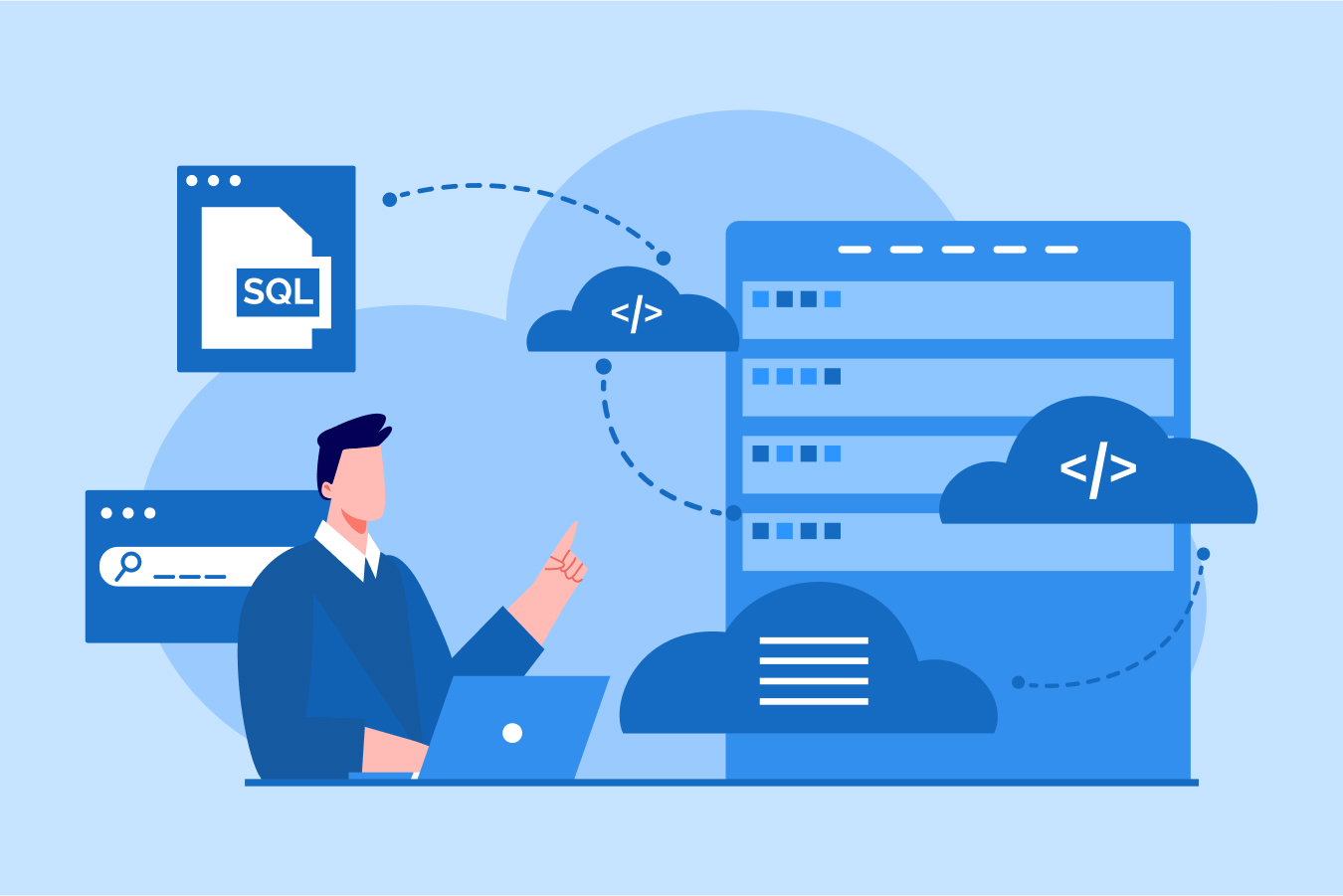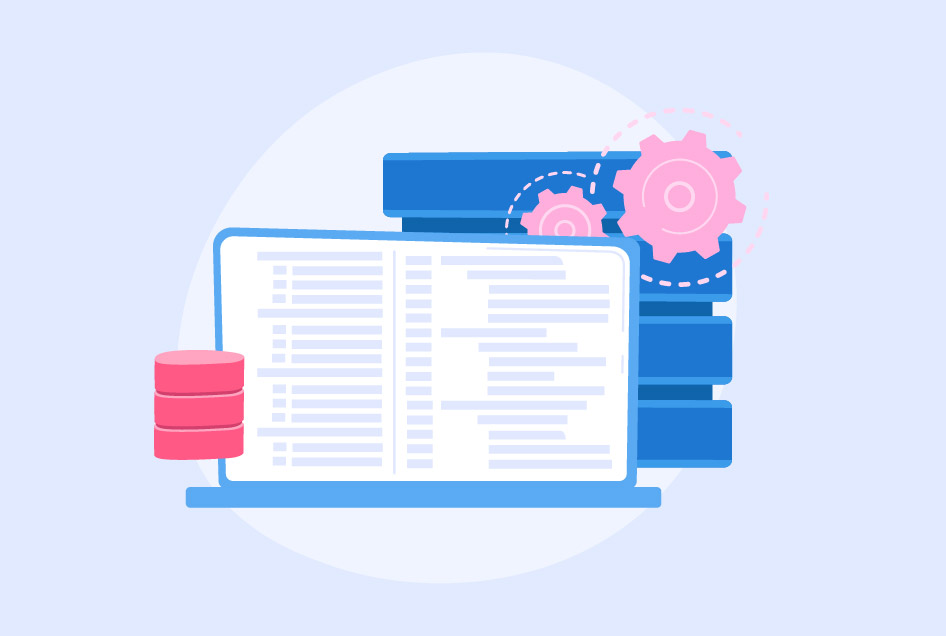PostgreSQL Vs MySQL – The Duel of Databases
Are you new to the world of relational database management systems and wondering about the differences between PostgreSQL Vs MySQL? Both databases are widely used and are open-source with a long history of use and development, but there are significant differences between the two that can impact their sustainability for different use cases.
Postgres first came into existence back in 1989 whereas MySQL has been around since 1995. They are unique in their own way with differences in their features and performance. In this blog, we will provide you with a comprehensive overview of PostgreSQL and MySQL, their key differences, performance, and pros and cons.
Overview
PostgreSQL and MySQL are popular database systems. In contrast to MySQL, PostgreSQL is an object-relational database system, a paid commercial edition that has an emphasis on speed and usability. MySQL on the other hand is a pure relational database system that is based on the dependability and consistency of the system.
Before jumping into the technical differences between them let’s take a look at their history and architecture.
PostgreSQL
PostgreSQL came into existence in the 1980s and was made available as an open-source project in 1996. One of the best features of PostgreSQL is the possibility to add new functions, index types, and other features, which use a multi-version concurrency control (MVCC) system with a shared-nothing architecture. Further, its MVCC architecture allows high degrees of transactional integrity.
While PostgreSQL database system usage is less with a smaller user base, its architecture offers superior scalability for high-concurrency applications
MySQL
MySQL was introduced by Michael Widenius in the 1990s, and later in 2009, Oracle Corporation purchased it. MySQL has limited support for extensibility and has lock-based concurrency management with a shared-everything architecture. Its MVCC architecture allows low degrees of transactional integrity but MySQL database system usage is more with a vast user base. However, its architecture provides inferior scalability for high-concurrency applications.
Looking to level up your relational database skills? Start with a SQL course before you move to these robust database management systems.
Key Difference Between Mysql and Postgresql
PostgreSQL and MySQL is one of the most common and well-known open-source relational database management systems, there are many distinctions between them as well as many common functions.
Let’s first take a look at the key differences between MySQL and PostgreSQL:
| Attributes | PostgreSQL | MySQL |
| DBMS Type | PostgreSQL comes from the (ORDBMS) Oriental Relational Database Management System. | MySQL comes from the (RDBMS) Relational Database Management System. |
| Languages | PostgreSQL generally uses only C language. | MySQL uses both the C and C++ languages. |
| Operation Types | Complex operations are executed using PostgreSQL. | Simple operations algorithms are executed using MySQL. |
| Data types supported | PostgreSQL uses and supports advanced data types. | MySQL uses and supports only standard data types in SQL. |
| Replication features | PostgreSQL uses third-party tools for replications. | MySQL uses only its native replication feature. |
PostgreSQL Vs MySQL Performance Comparison
Let’s now compare the performance of PostgreSQL and MySQL. These comparisons will help you examine the features of these systems to choose the right RDBMS for your project.
| Features | PostgreSQL | MySQL |
| SQL Standard | PostgreSQL is fully compliant with SQL standards. | MySQL is not fully compliant with SQL standards. |
| ACID | It always shows a higher level of ACID compliance. | It always shows a lower level of ACID compliance. |
| Licensing | It is licensed under the Postgre license. | It has a dual license under the GNU general public license and a commercial license |
| Security | It has a stronger security feature | MySQL is not much strong as they don’t have a row-level security feature. |
| Data integrity | It comes with the data integrity feature. | It comes with only basic data integrity features. |
| Indexing | PostgreSQL comes with more indexing options. | MySQL comes with basic indexing options. |
Security & Authentication: PostgreSQL and MySQL
PostgreSQL and MySQL have security options with password policies and encryption. PostgreSQL has more advanced security features, including required access control, row-level security, and a more reliable role-based access control system for authentication and permission control. In contrast, MySQL simply offers firewall support and database encryption.
Let’s further compare the differences between MySQL and PostgreSQL’s security features:
| Features | PostgreSQL | MySQL |
| Network Security | It has mandatory access control (MAC) and access control lists (ACLs) as extra security measures. | It simply provides firewall assistance for network security. |
| Improved Security | It has many features for security measures that include SELinux support | It offers an audit plugin for improved security event logging and monitoring |
| Authentication | It provides LDAP-based and password-based authentication. | It also provides LDAP-based and password-based authentication. |
| Security Module | It also provides GSSAPI and Kerberos modules authentication for increased security. | It has Pluggable Authentication Modules (PAM) for more authentication. |
| Control Systems | It has a more reliable role-based access control (RBAC) system for strict authentication and authorization control. | It has an easy and simple framework for managing users’ rights and privileges for authentication and permissions. |
Pros and Cons of PostgreSQL and MySQL
Both MySQL and PostgreSQL have their own advantages and disadvantages so the choice between them is totally based on personal preference and requirements.
PostgreSQL
Here is a list of the pros and cons of PostgreSQL to help you decide if it is the right choice for you:
Pros
- PostgreSQL has powerful features like geographic data so it can be used for location-based services.
- The source code is available for free.
- Low maintenance and administration for both versions embedded and enterprise.
- It is a highly fault-tolerant database.
- It supports JSON and cross-platform.
Cons
- It is slow compared to MySQL.
- PostgreSQL documentation can be hard to understand.
- It requires more work compared to MySQL for making changes.
- It takes a lot of resources when dealing with complex queries.
- Not supported on many open-source applications.
MySQL
Before you make your final decision take a look at the pros and cons of MySQL:
Pros
- It is very easy and simple to set up and use.
- It has a unique storage engine design that makes it much faster and cheaper.
- Compatible with nearly every operating system.
- It is reliable for doing high-transaction workloads.
- It can handle more than 50 million rows.
Cons
- Comparatively has fewer features when compared to PostgreSQL.
- It is not able to handle very large databases.
- It doesn’t have reliable debugging features compared to paid alternatives
- It doesn’t perform well when dealing with complex queries.
- It is more vulnerable to attacks compared to PostgreSQL
Conclusion
When it comes to PostgreSQL Vs MySQL, both have their own characteristics and differences that depend on your need and specific use case. Both of them have the properties of being scalable and flexible. The main differences between them are based on features, licensing, and performance. So, choose wisely and evaluate the differences to make a well-informed decision that works for you.






